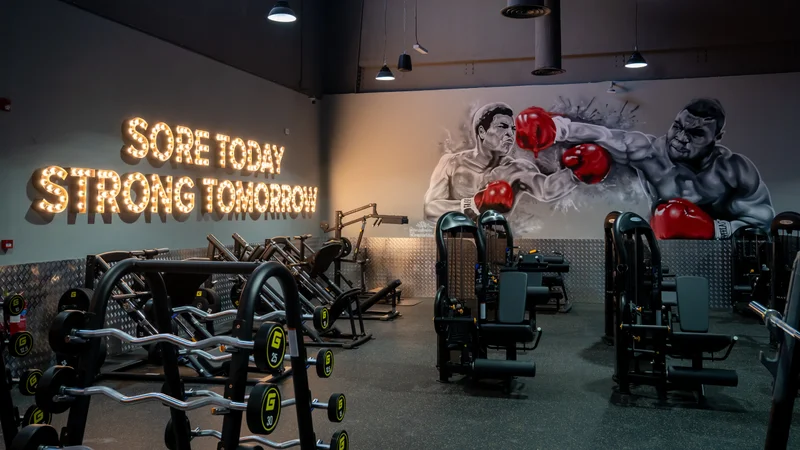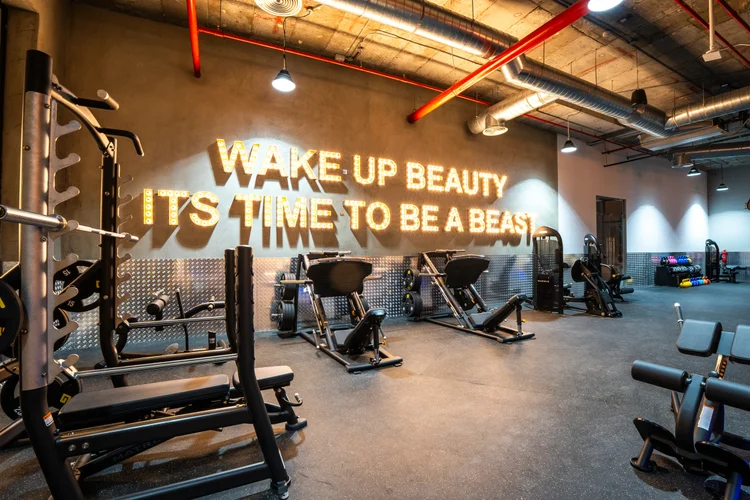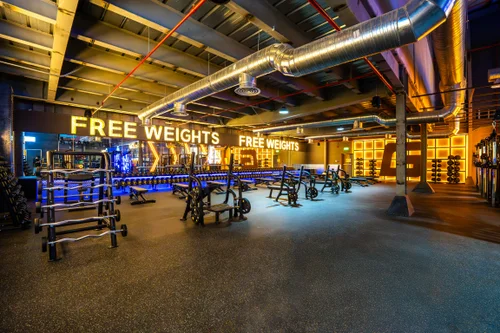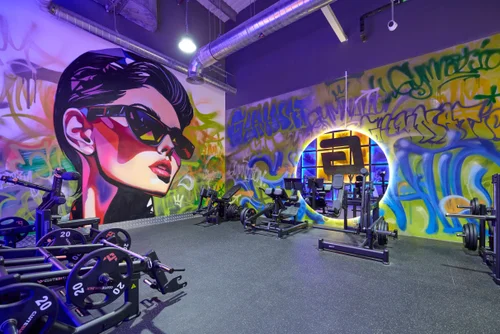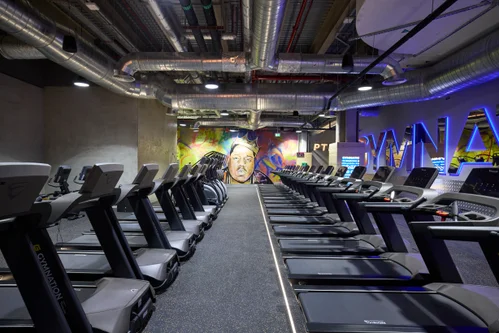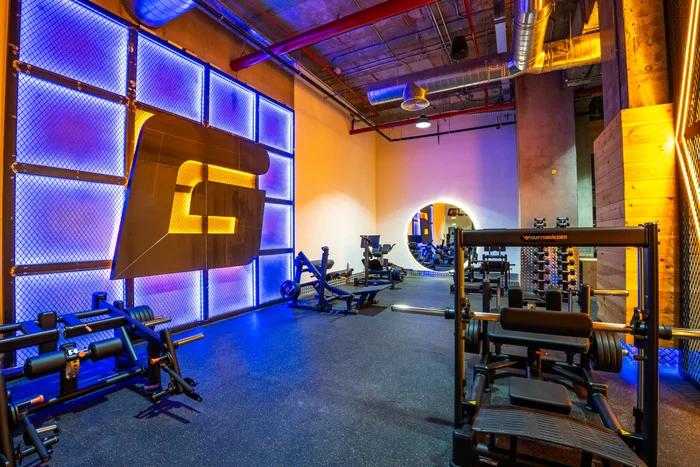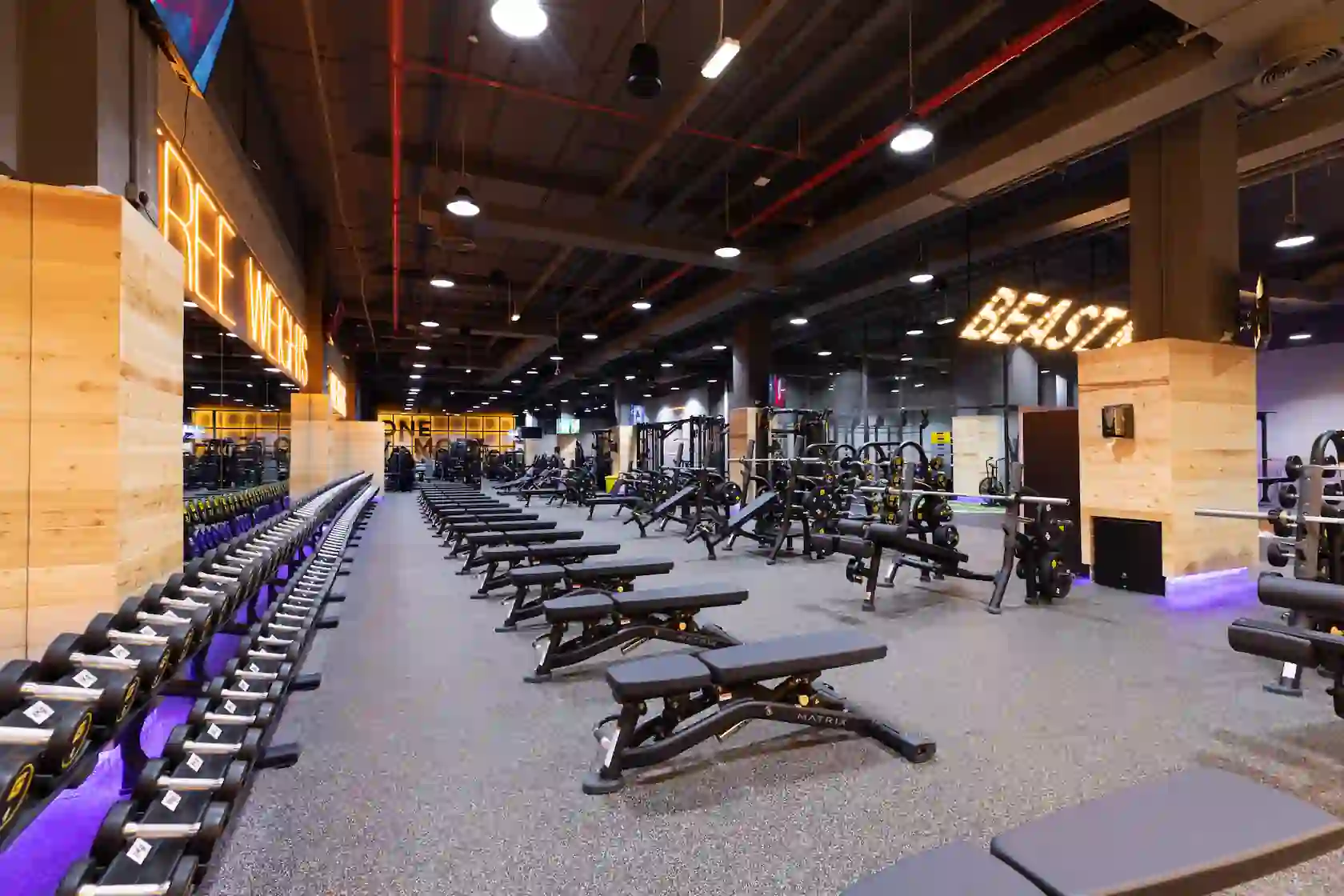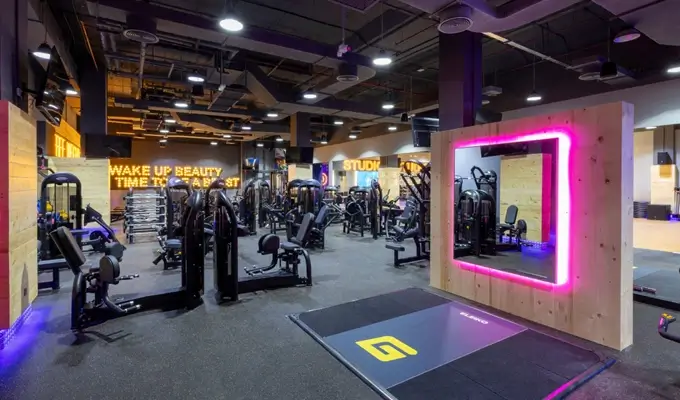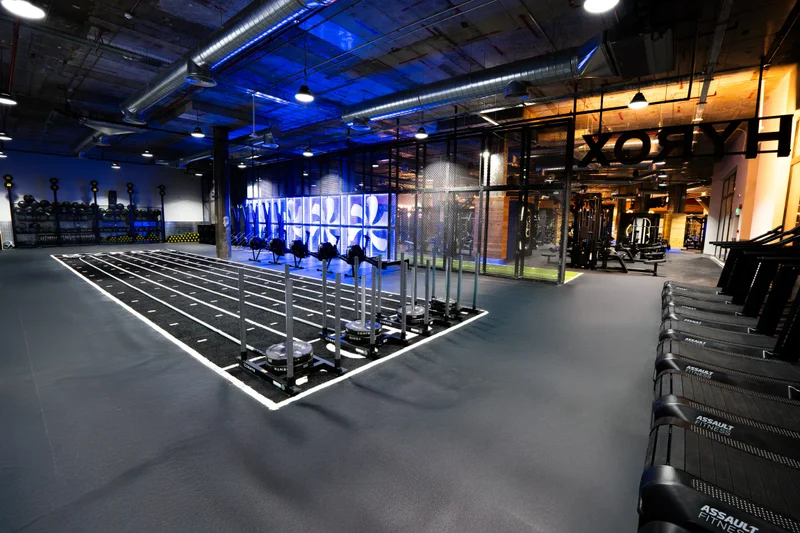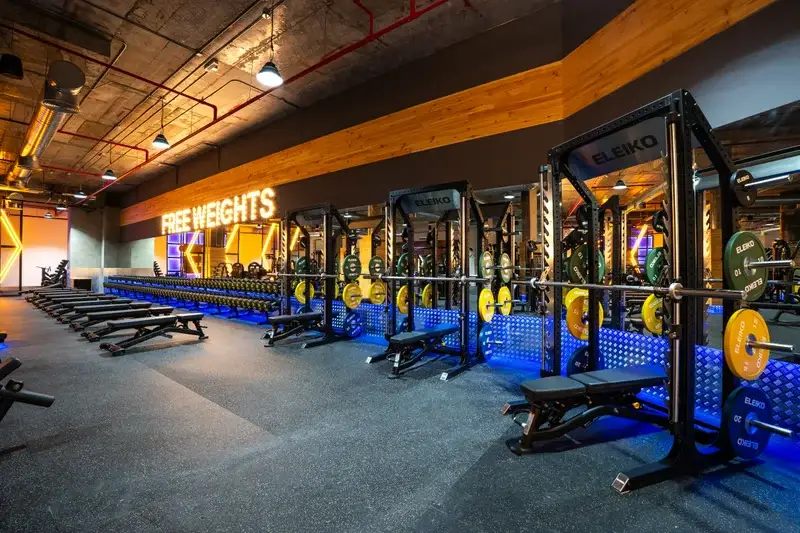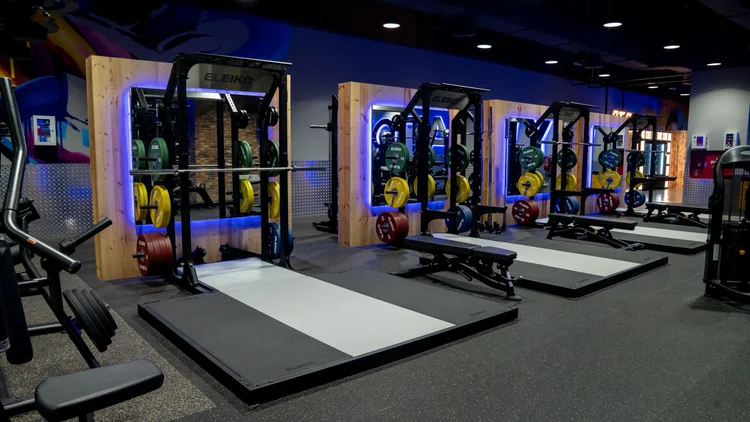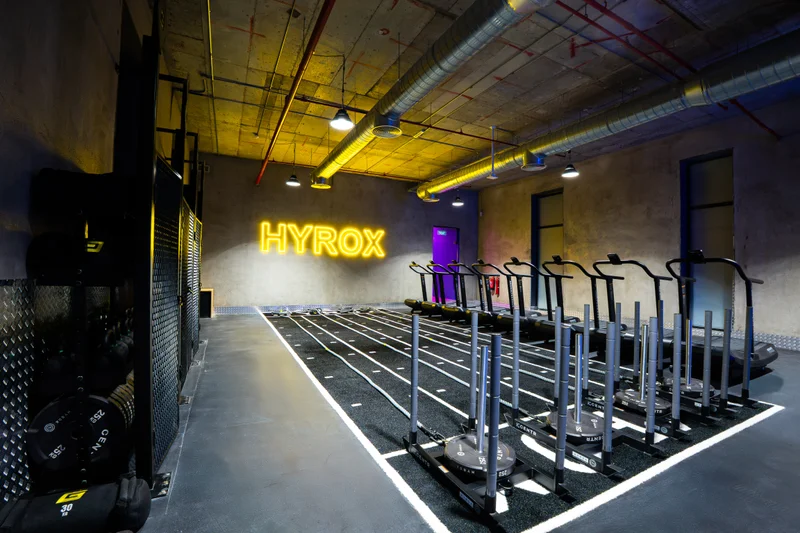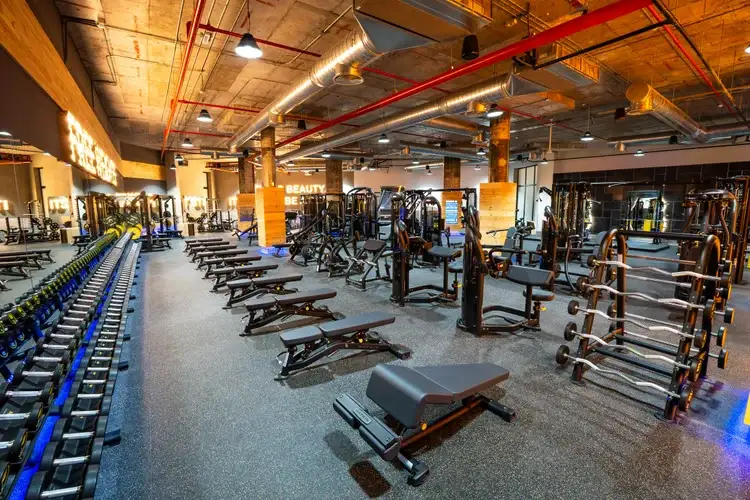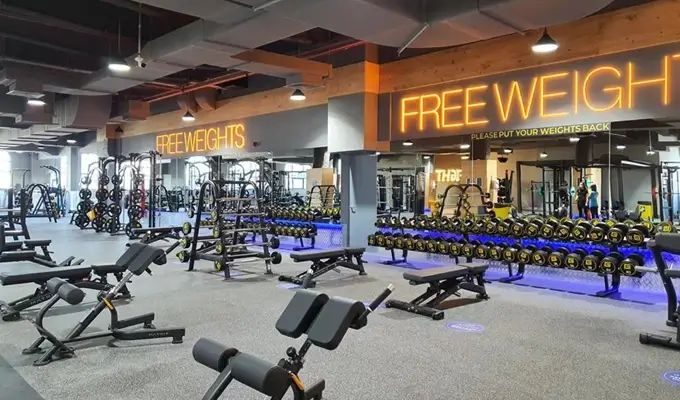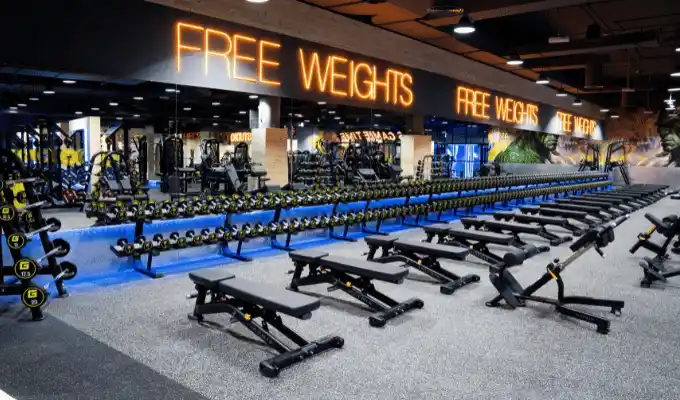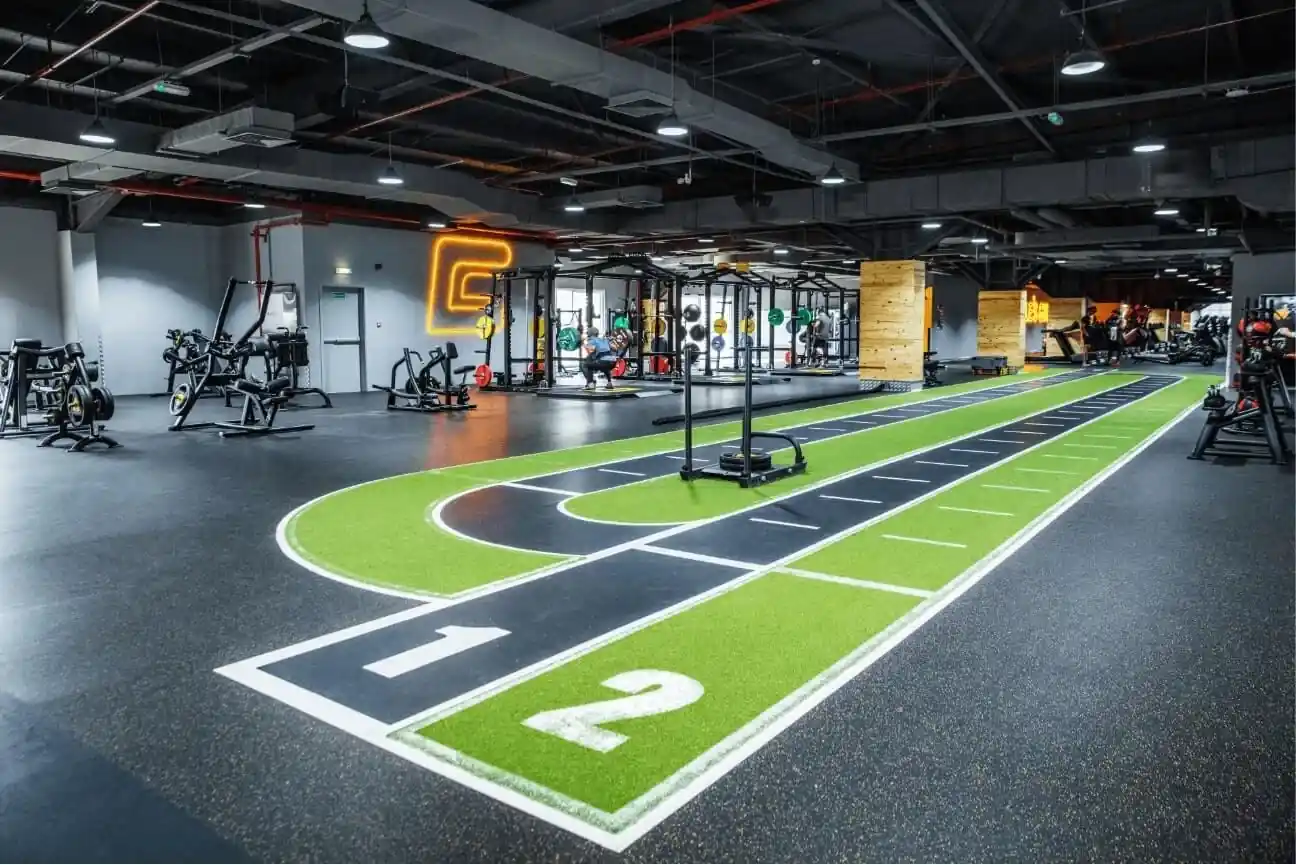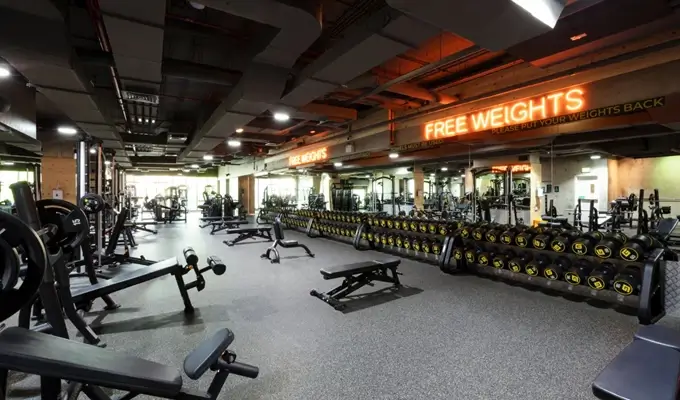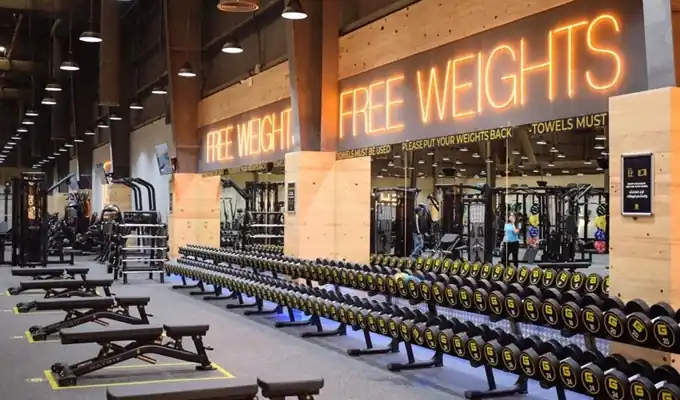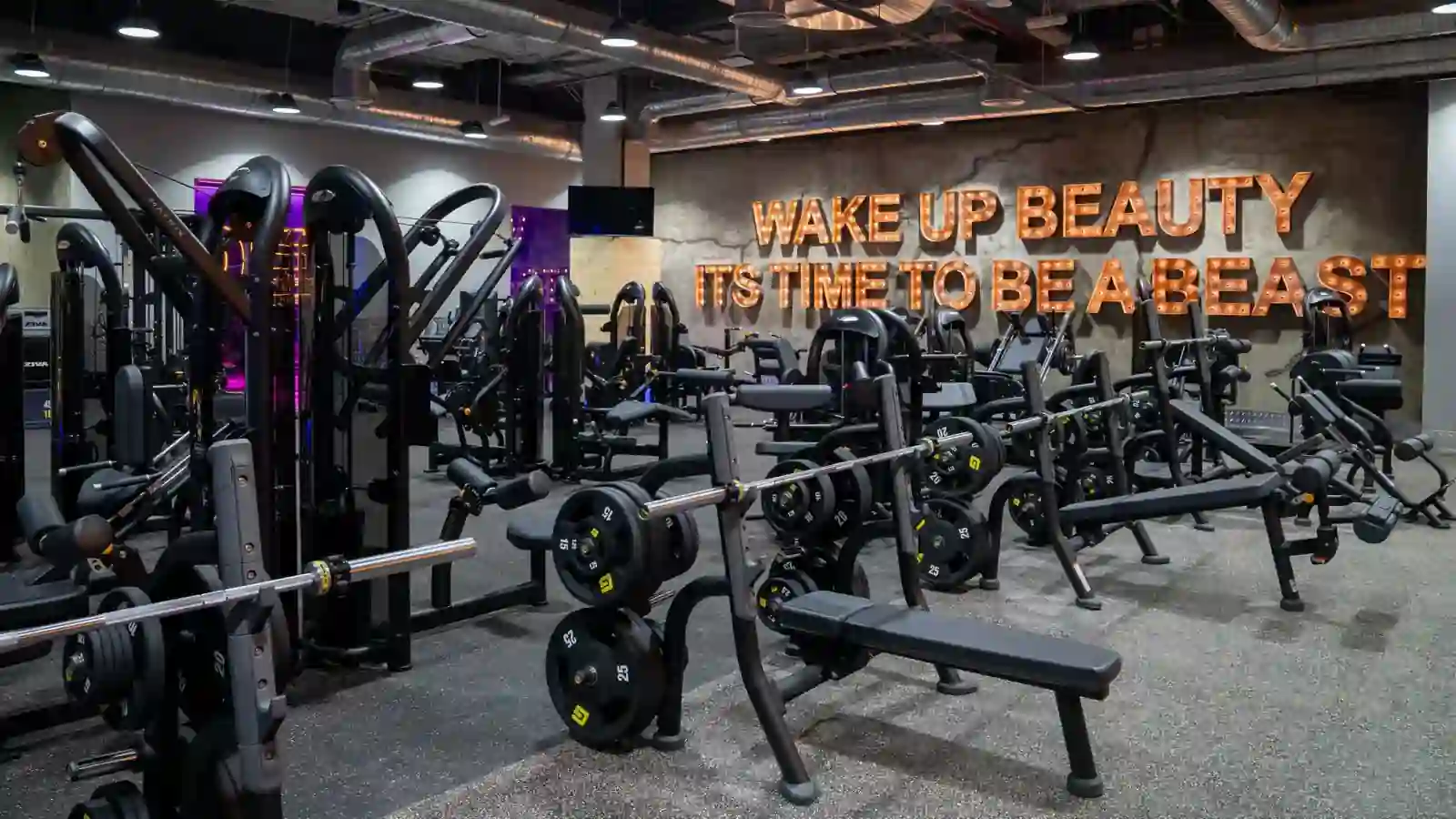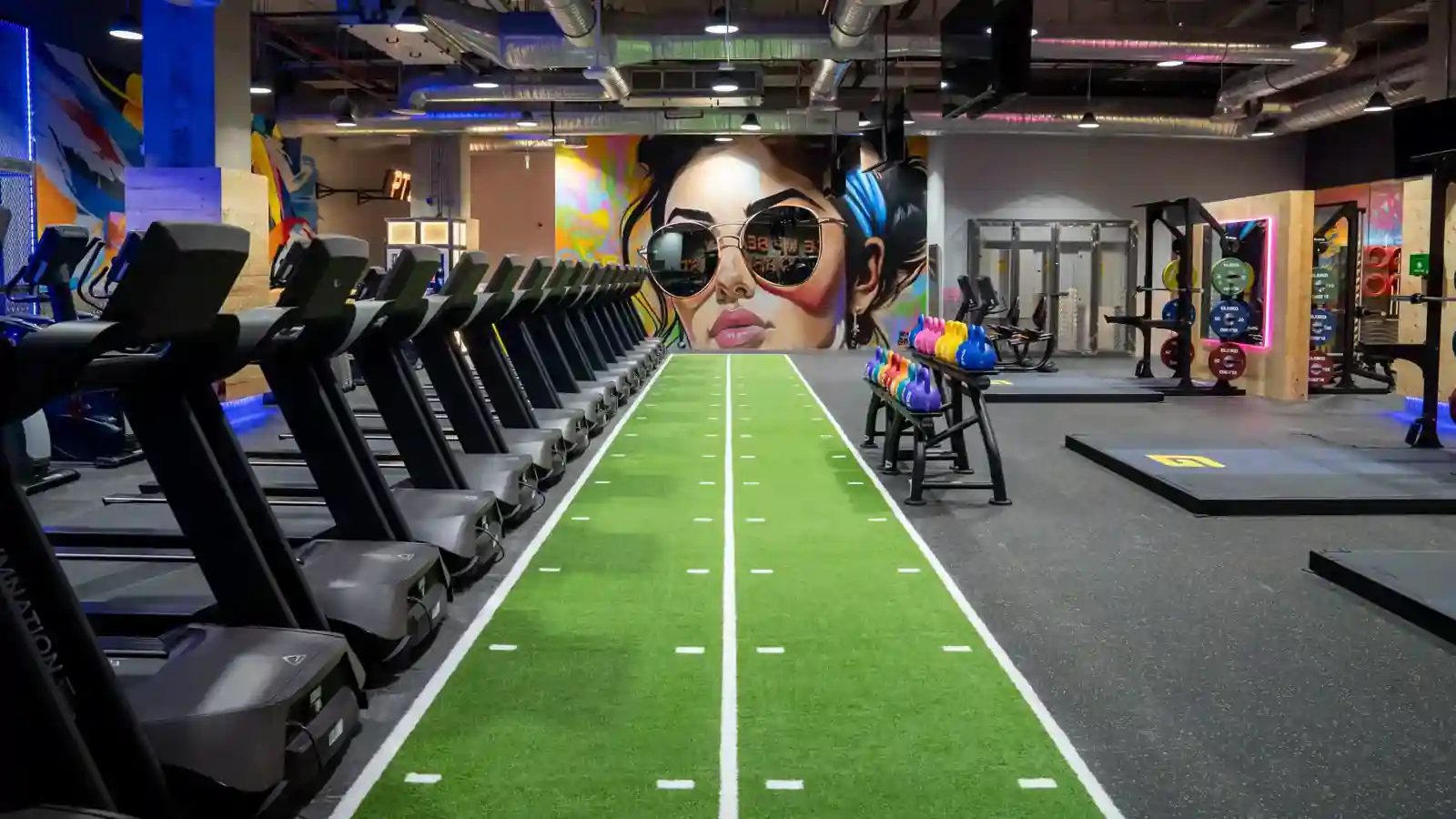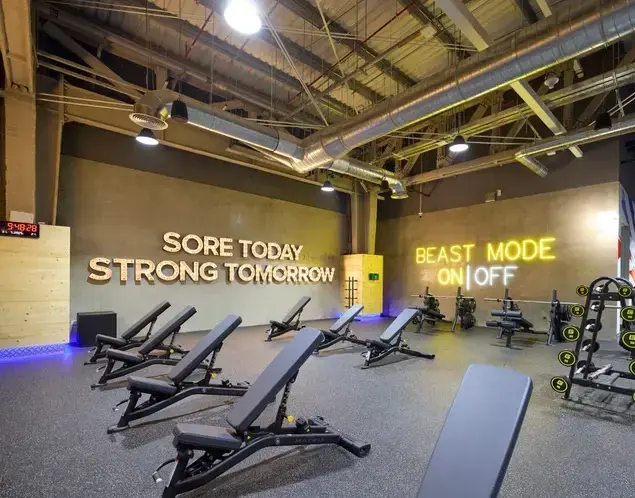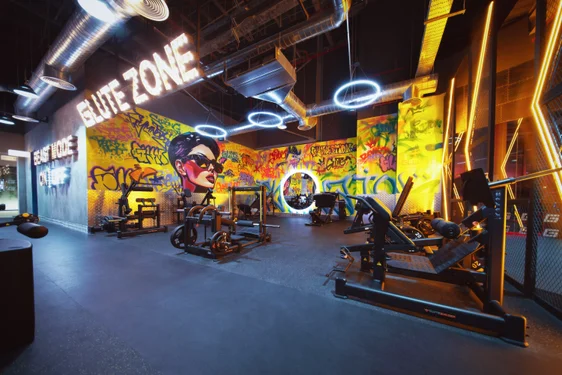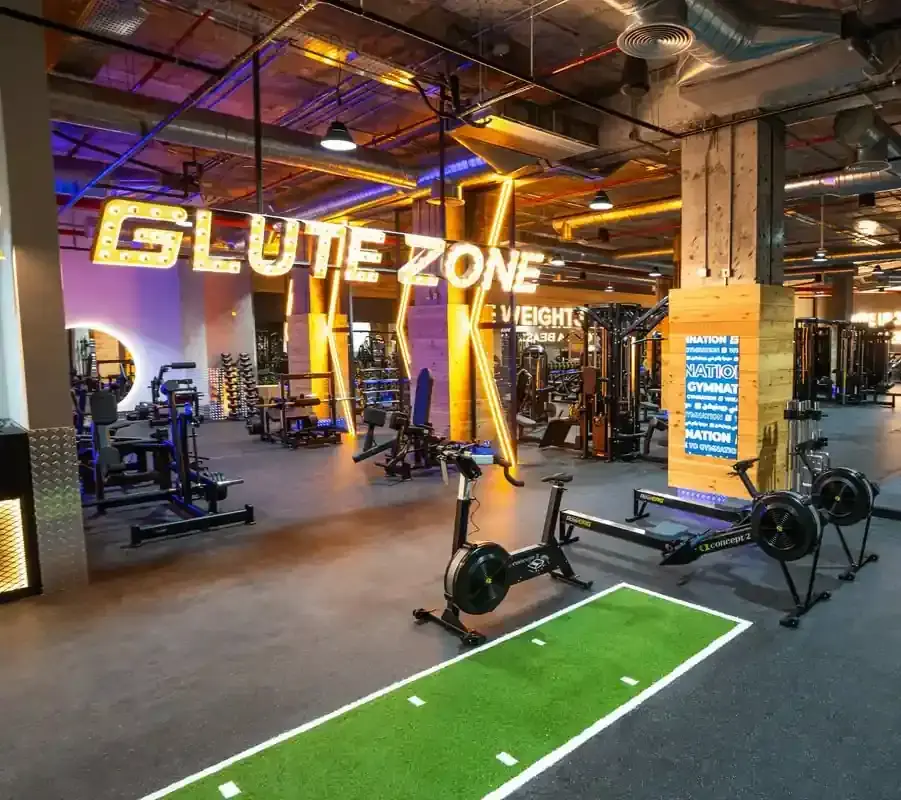Family Better Health Role Models Than Celebrities
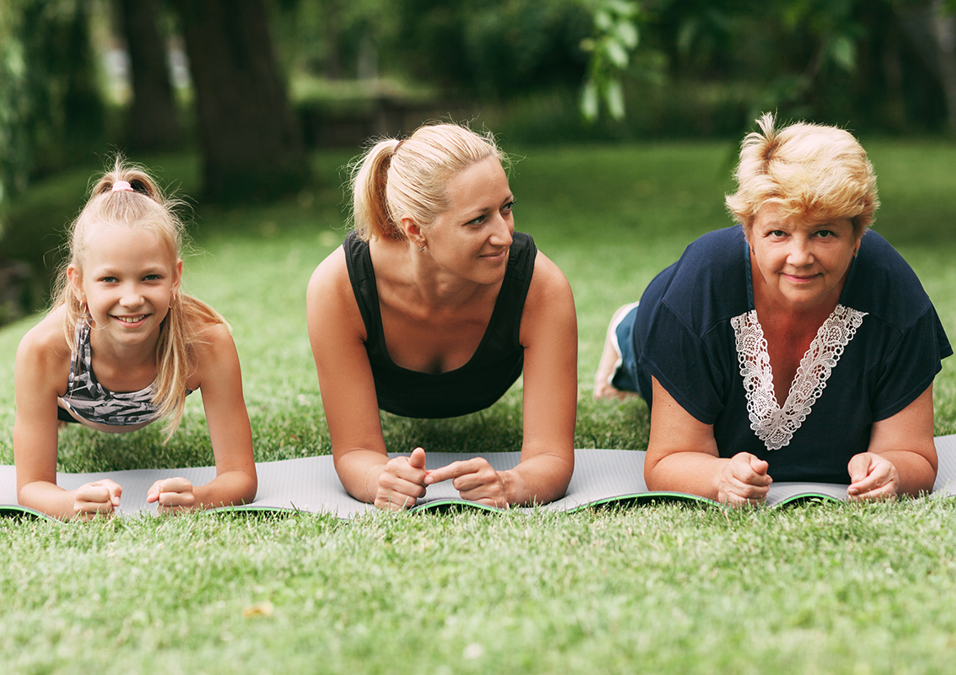
SIGN UP FOR YOUR FREE DAY PASS TODAY!
PULLMAN, Wash. – When it comes to health inspiration, your mom might surpass Dwayne “The Rock” Johnson.
A study found that adults who looked up to a familiar person, like a friend, relative, or healthcare provider, rather than a celebrity, were more motivated to achieve their health goals.
Women, in particular, were more inclined than men to opt for a personal role model. The most frequently chosen role model? Their own mother.
“Parents significantly influence their children’s health habits throughout life by teaching them about fitness and nutrition,” explained lead author Nicole O’Donnell, a communications researcher at Washington State University.
“Our research emphasizes that this parental influence persists into adulthood.”
Published in the journal Health Communication, the study surveyed 404 adults who were inspired by health role models.
Participants answered questions about their chosen role models and their motivation to enhance their physical and mental health.
The study revealed that "perceived similarity" was a primary reason for choosing a role model.
This might explain why about 64% of participants selected a family member, peer, or acquaintance.
“If you see a friend get a gym membership or decide to run a half marathon, you can follow their journey and have similar resources to do the same,” O’Donnell said. “Celebrities often have personal chefs and trainers, resources we don’t have.”
Women in the study were about 2.5 times more likely to pick a personal role model than men, although many participants of both genders still chose celebrities.
Among celebrity role models, The Rock was the most frequently chosen, followed by LeBron James, Tom Brady, and Michelle Obama.
While personal role models had a stronger impact, the authors noted that celebrity role models also positively influenced motivation.
How they discuss health matters, O’Donnell pointed out.
“When celebrities and influencers talk about health, it’s crucial they share their challenges and how they overcame them,” she said.
“For example, The Rock’s openness about depression helps destigmatize mental health issues, making him an excellent role model.”
The study also found that social media amplified the effect of role models.
“Our results showed that following any role model on social media boosts motivation,” said co-author Christina Nickerson, a WSU doctoral candidate.
“It highlights the benefits of considering what a role model means to you. Who do you aspire to be like, whether you know that person or not?”
However, the findings also included a cautionary note about closely mimicking a role model’s behaviors.
Some participants followed role models who achieved their health goals through extreme measures, such as severe dieting or over-exercising, yet still found them inspiring.
Overall, the study highlighted the advantages of having a health role model.
Initially, researchers identified a group of people without a healthy role model, and this group reported poorer mental and physical health compared to those with role models.
“Look around for people who inspire you,” O’Donnell advised. “It’s a form of social support we often overlook, thinking of role models as something for kids.
But this study, along with others, shows that role models are vital across a person’s lifespan, so we should seek them out.”
Source: eurekalert
The opinions shared in the GymNation blog articles are solely those of the respective authors and may not represent the perspectives of GymNation or any member of the GymNation team.
GET YOUR FREE TRIAL TODAY






















